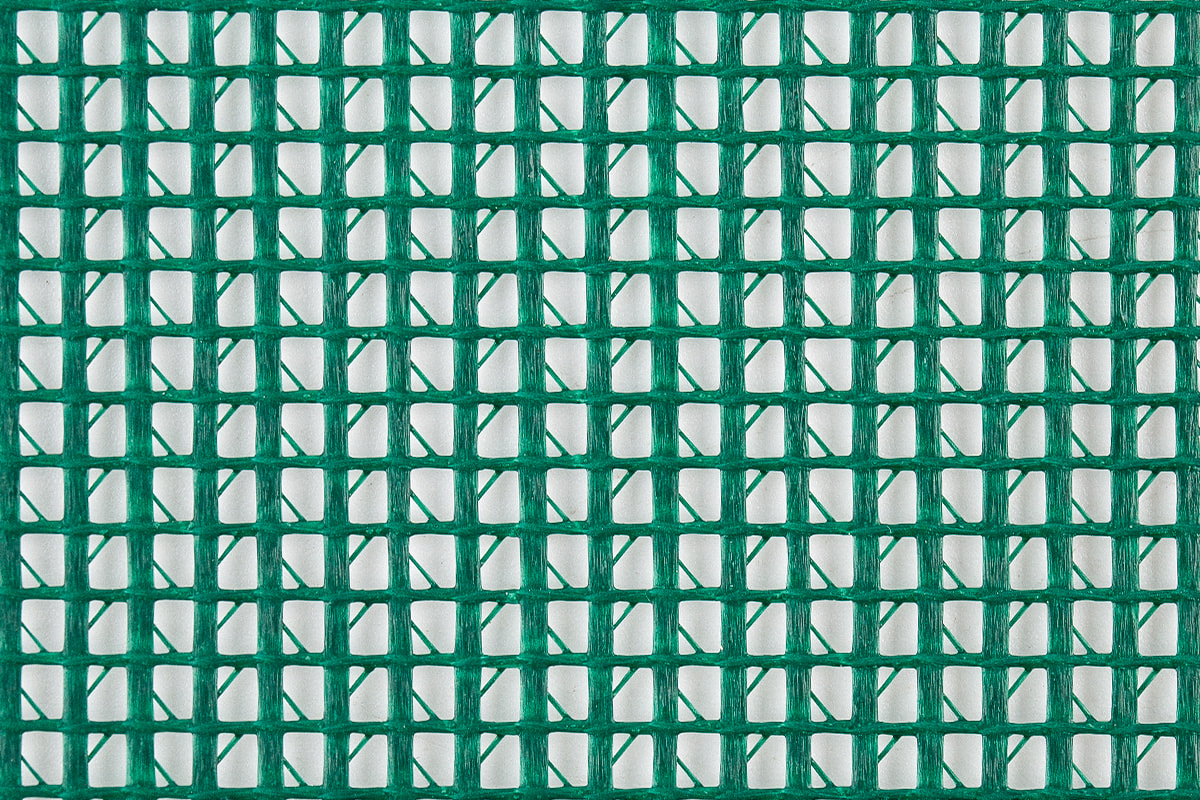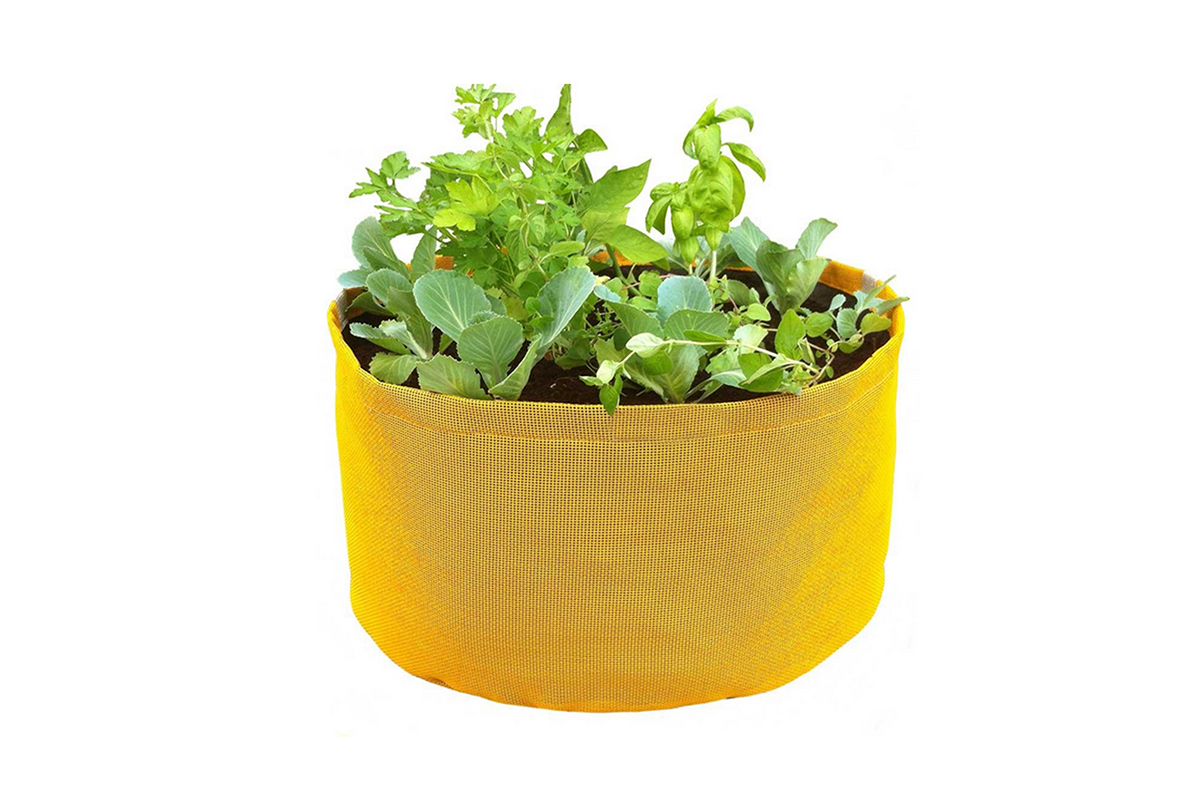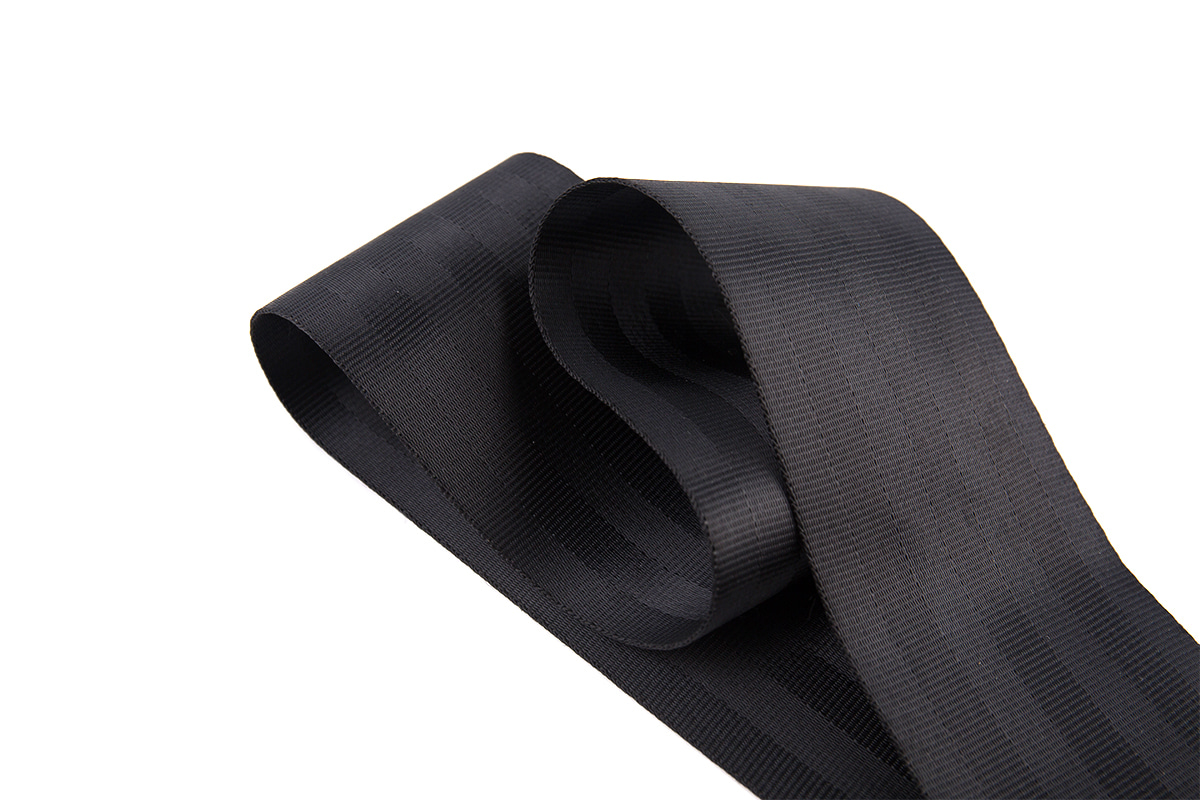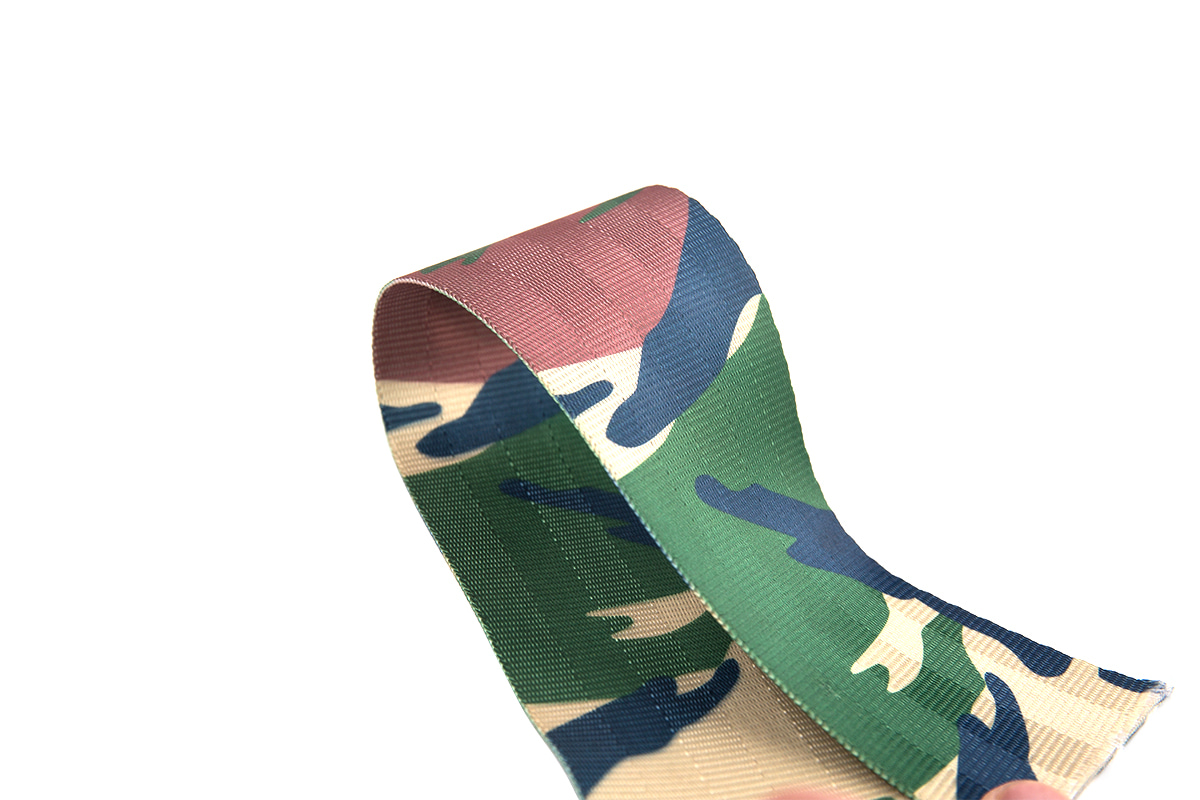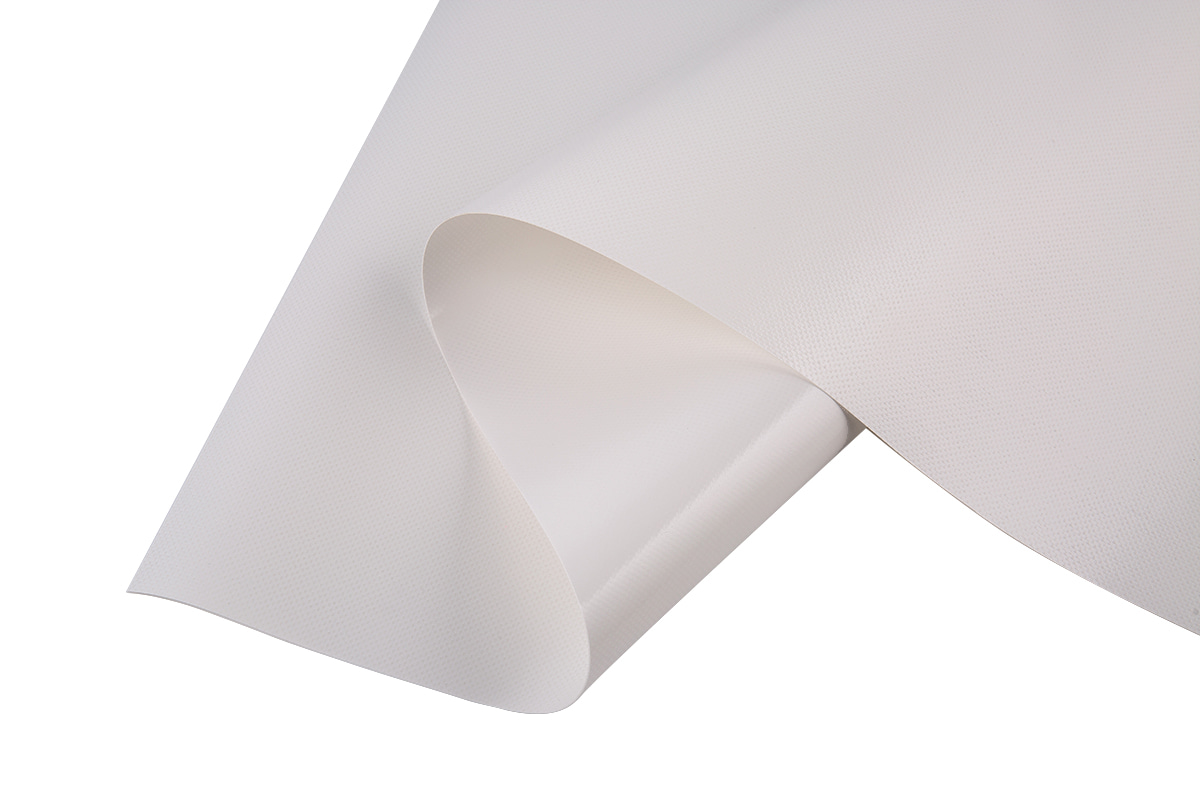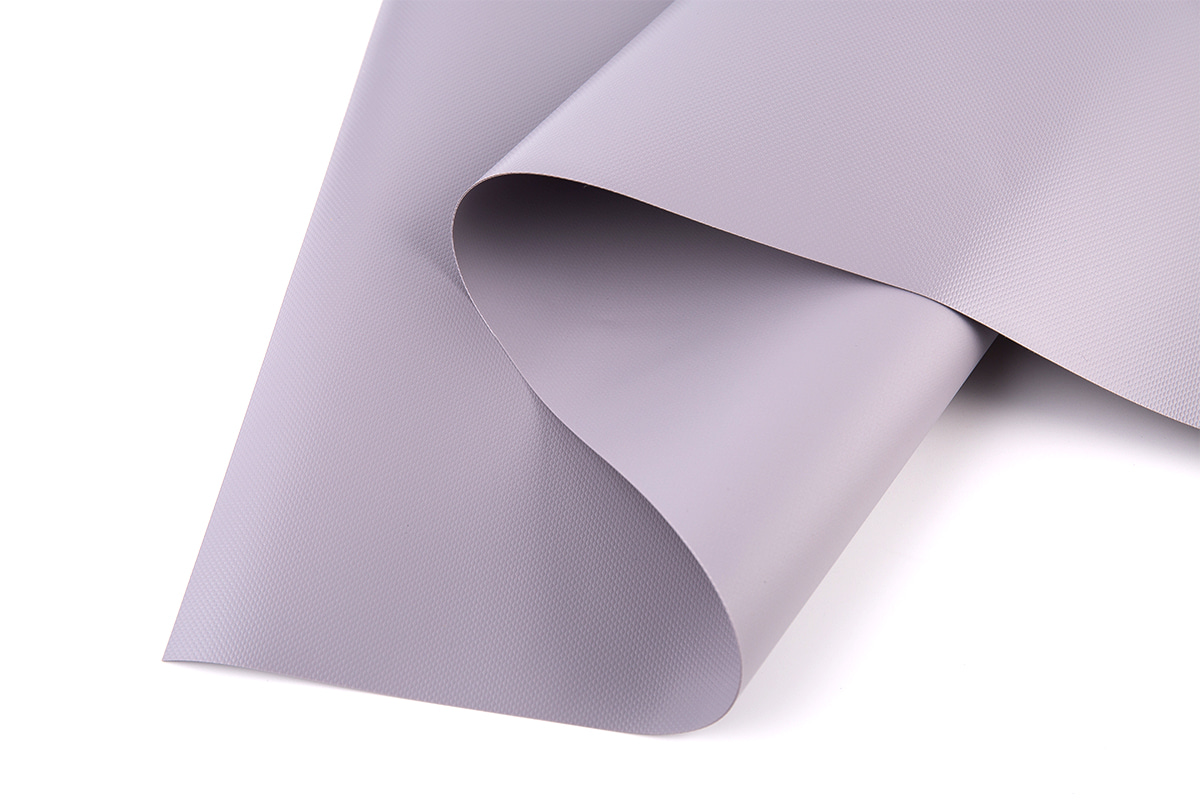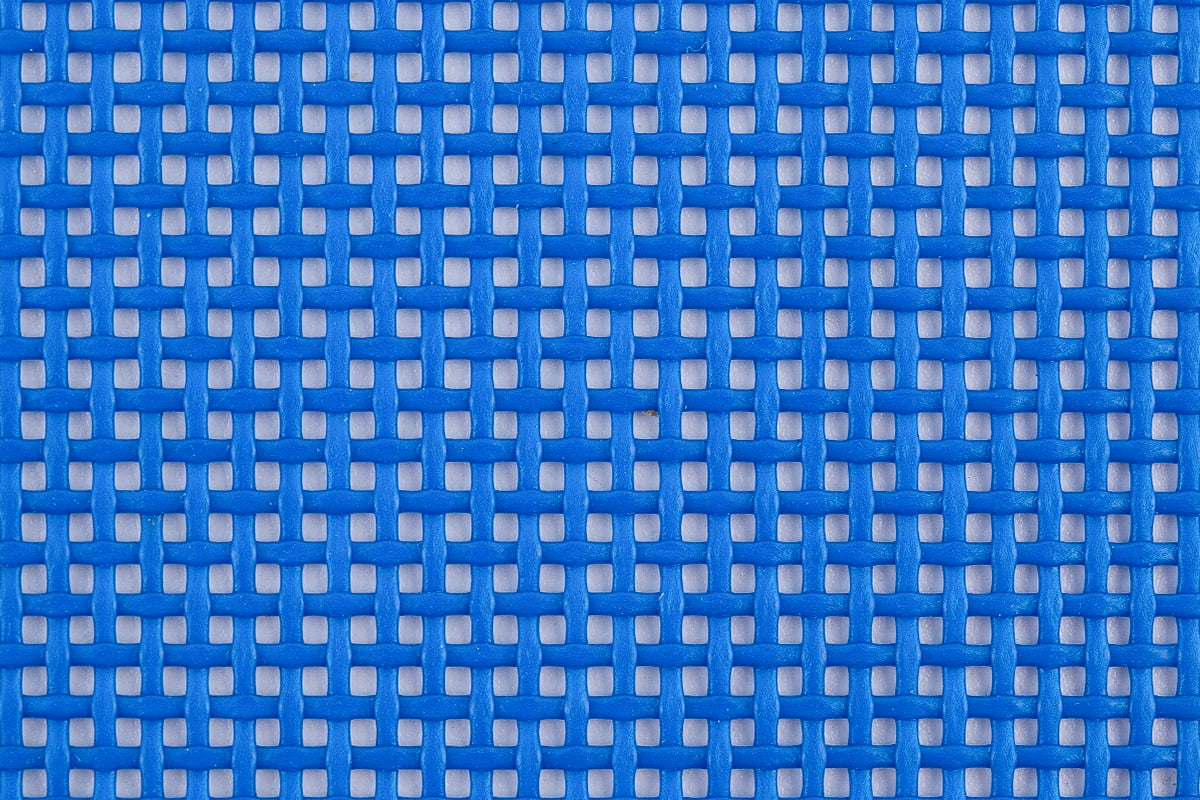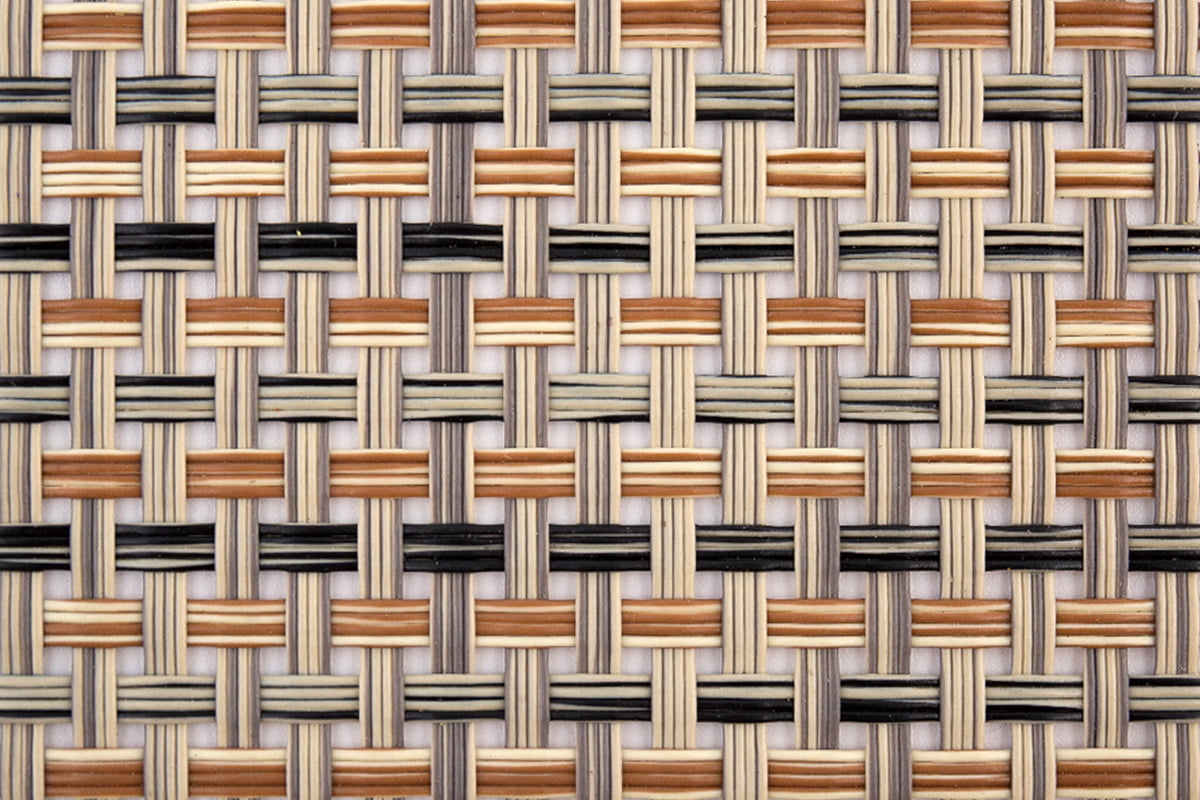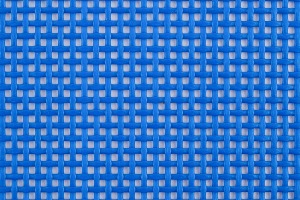
PVC coated polyester mesh fabric is widely used in applications ranging from outdoor furniture and tents to banners and protective covers. Its durability, flexibility, and resistance to environmental conditions make it a popular choice for both industrial and consumer projects. However, selecting the right PVC coated polyester mesh fabric requires careful consideration to ensure it meets the intended purpose.
Understand the Material Composition
PVC coated polyester mesh fabric combines polyester yarns with a protective PVC coating. The polyester provides strength and stability, while the PVC coating adds resistance to water, UV rays, and abrasion. When choosing fabric, check the type of polyester used, the thickness of the yarns, and the coating method. Fabrics with tightly woven polyester yarns and uniform PVC coating generally perform better in terms of durability and resistance to wear. Understanding the material composition is the step toward selecting a reliable product.
Check Weight and Thickness
Weight and thickness are important factors that influence the strength and longevity of PVC coated polyester mesh fabric. Heavier fabrics tend to be more durable and resistant to tearing, while lighter fabrics may offer more flexibility but lower longevity. Consider the application: for outdoor furniture covers, thicker fabric is preferred to withstand environmental stress, whereas for banners or screens, lighter fabric may be sufficient. Manufacturers often provide specifications for weight and thickness, which help in comparing different products effectively.
Assess Coating Quality
The quality of the PVC coating directly affects the fabric's performance. A high-quality coating should be evenly applied, free from bubbles or inconsistencies, and firmly bonded to the polyester mesh. Inconsistent coating may to peeling, cracking, or reduced resistance to water and UV exposure. When evaluating PVC coated polyester mesh fabric, request samples and inspect them for uniformity. This simple step can prevent long-term issues and ensure the fabric performs as expected in its intended environment.
Consider Breathability and Flexibility
Depending on the use, breathability and flexibility may be key considerations. While PVC coating adds protection, it can also reduce airflow. For applications such as outdoor covers or tents, fabric that balances protection with breathability is preferable. Flexibility is also important, especially if the fabric will be folded, stretched, or sewn into complex shapes. Testing the fabric's ability to bend without cracking the PVC coating can help determine if it is suitable for the project.
Source from Trusted Suppliers
Choosing a reputable supplier is essential when selecting PVC coated polyester mesh fabric. Reliable suppliers provide detailed specifications, quality assurance, and consistent products. Working with experienced manufacturers ensures that the fabric meets safety and durability standards and reduces the risk of receiving defective materials. Many suppliers can also offer guidance on the suitable fabric type based on your application, making the selection process easier.
Selecting quality PVC coated polyester mesh fabric involves examining material composition, weight, thickness, coating quality, breathability, and flexibility. By carefully considering these factors and sourcing from trusted suppliers, you can ensure that the fabric meets your needs and performs reliably over time. Whether for outdoor furniture, banners, or protective covers, attention to these details helps achieve better results and long-lasting performance with PVC coated polyester mesh fabric.

 en
en Español
Español